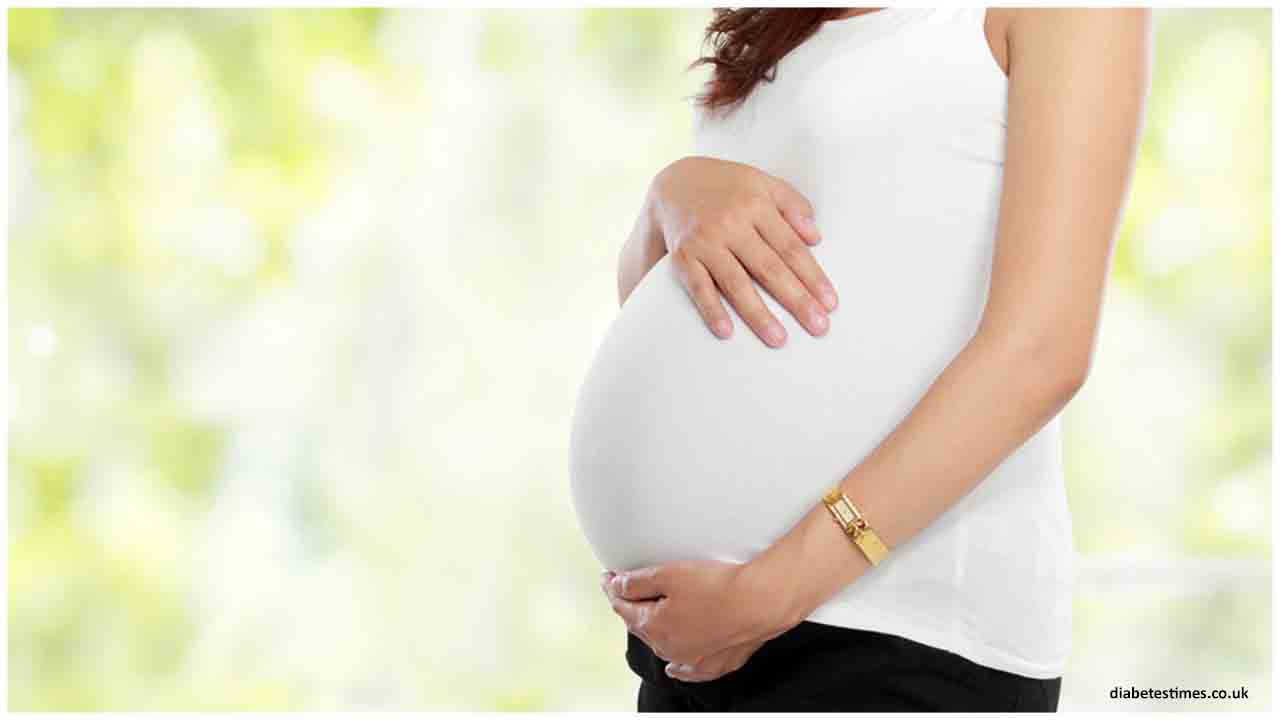The COVID-19 pandemic has pushed many health systems to the brink, resulting in non-urgent care being deprioritized to make way for thousands of COVID-19 patients. However, some areas cannot wait, and one of them is maternal health.
Reductions in access to and use of essential maternal and newborn health services during epidemics translate into increases in the number of women and newborns who suffer complications or die during pregnancy, childbirth, and the postnatal period. Examples from Italy, Germany, and Israel show that swift recalibration of health care has helped to maintain the provision of essential services safely, and therefore the well-being of pregnant women and their babies, during the pandemic.
Slowing COVID-19 transmission to safeguard women
“It was clear from the beginning that the first step was to slow down the spread of the virus,” explains Dr. Simona Di Mario, a pediatrician, and member of the Regional Health Authority of the Emilia-Romagna Region, who has been helping to coordinate maternal health in one of Italy’s hardest-hit regions. Emilia-Romagna has seen over 25 000 coronavirus cases since the outbreak began.
The need to safeguard vulnerable groups against COVID-19 has been paramount during this crisis and was made abundantly clear in the reconfiguration of maternal care. While non-urgent surgery was suspended, antenatal care consultations, testing, and ultrasounds were maintained. Emilia-Romagna sought to prioritize the safe delivery of maternal care throughout pregnancy, instead of rationing visits and pushing most into the third trimester.
One of the most important factors in minimizing COVID-19 spread to pregnant women was giving clear, evidence-based information and advice about the coronavirus and protective measures when women made visits to primary care. “These were mainly drawn from WHO guidelines on preventive measures,” Dr. Di Mario explains, “we developed leaflets and posters addressed to mothers-to-be in consultation with local health authorities on everything from social distancing to hand hygiene to visit etiquette”.
Clear communication to build trust
Communication has been crucial for ensuring a smooth continuation of care. In Bnei Brak, a city in Israel, one of the significant issues faced in maternal care was fear. Many women were anxious about contracting the coronavirus and feared going to prenatal checks, with some pregnant women staying away from the services altogether.
“There was initially a sharp decline in deliveries from women in the center,” says Professor Eli Somekh, Vice-President of the European Paediatric Association - Union of National European Paediatric Societies and Associations and Chairman of Pediatrics, Mayanei Hayeshua Medical Center, Bnei Brak, Israel. “They were just afraid to have babies delivered in a situation they considered unsafe”. Bnei Brak saw a 23% increase in home deliveries in April 2020 compared to April 2019. This required trust-building, engagement with, and empathy for pregnant women and their families – teams were set to work calling and sending texts to families to remind them of appointments and to encourage attendance. In Bnei Brak, the wider strategy is to “normalize” maternal and neonatal care as much as possible during the coronavirus pandemic, to break down barriers to care.
Adapting existing practice
The coronavirus pandemic has tested the flexibility of health care. In Emilia-Romagna and Bnei Brak, there has been an innovative surge in the use of telehealth initiatives to replace in-person care where possible. Many antenatal and postpartum services have been delivered via video conferencing, including remote family planning and virtual breastfeeding courses.
Hospitals, too, have had to adjust to the conditions brought about by the pandemic, adapting, and centralizing childbirth facilities. Vice-President of the German Society of Obstetrics and Gynaecology, Professor Frank Louwen, explains how Germany has ensured that maternity wards are split in two: one area for COVID-19-affected or suspected women and another for non-COVID-19 women. They have also followed WHO guidance on breastfeeding and hygiene to maintain normality in mother-child interaction. Germany has also taken steps to ensure all women who go into labor are tested for the coronavirus, and ensure that mother and baby are isolated together postpartum if COVID-positive. The combination of these measures within hospitals has been maintained as close to the standard process as possible under crisis circumstances.
Strengthening coordination
Evidence on how to manage and organize health care is limited, and evidence generation takes time to produce appropriate information. In Emilia-Romagna, a weekly videoconference with health care professionals from primary care and hospitals across the region has been trying to overcome these hurdles. Dr. Di Mario views it as a vital way of coordinating activities and distilling the mass of changing information into a common approach. “This weekly meeting of health professionals helps us maintain fundamental recommendations in common. It is also an opportunity for the health professionals to share the fears and voice their concerns,” she explains.
Overcoming adversity
Of course, safety concerns are not reserved exclusively for pregnant women. The coronavirus has thrown the health and well-being of health professionals into sharp relief, too. “There has been a lack of PPE, especially in primary care. It was more accessible for hospitals but the vast majority of pregnant women access health care in primary care settings,” says Dr. Di Mario.
Countries have made great efforts to reconfigure health systems in response to the coronavirus. The outbreak has pushed the capacity and flexibility of health systems across the board, and about maternal health, health professionals have been unafraid to take initiative in this critical moment to safeguard the health of pregnant women. The provision of high-quality care by health professionals under such challenging circumstances in countries across the European Region is truly admirable.

 The COVID-19 pandemic has pushed many health systems to the brink, resulting in non-urgent care being deprioritized to make way for thousands of COVID-19 patients
The COVID-19 pandemic has pushed many health systems to the brink, resulting in non-urgent care being deprioritized to make way for thousands of COVID-19 patients




















.jpg)











